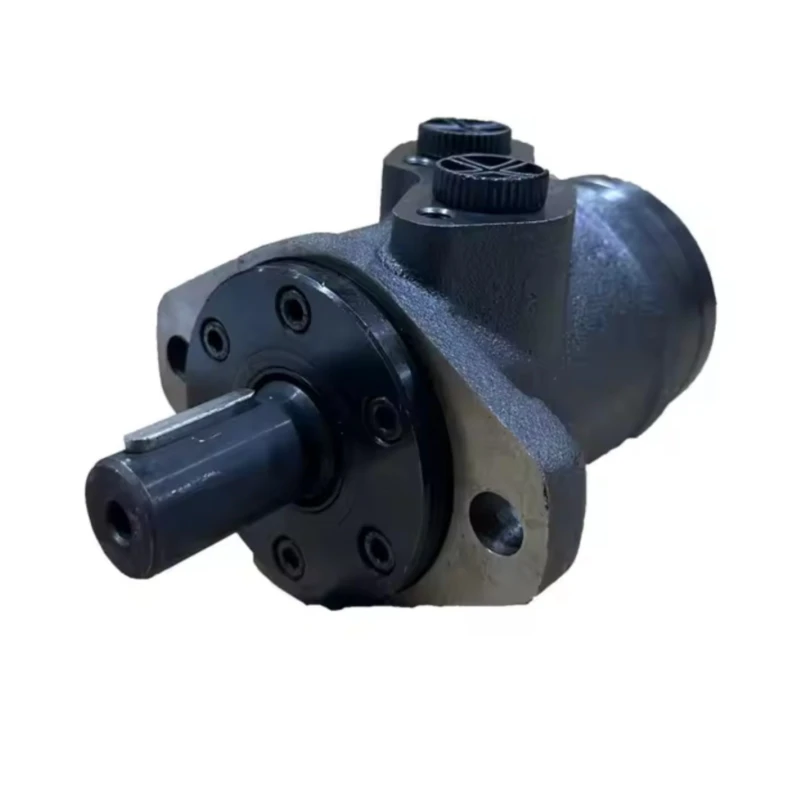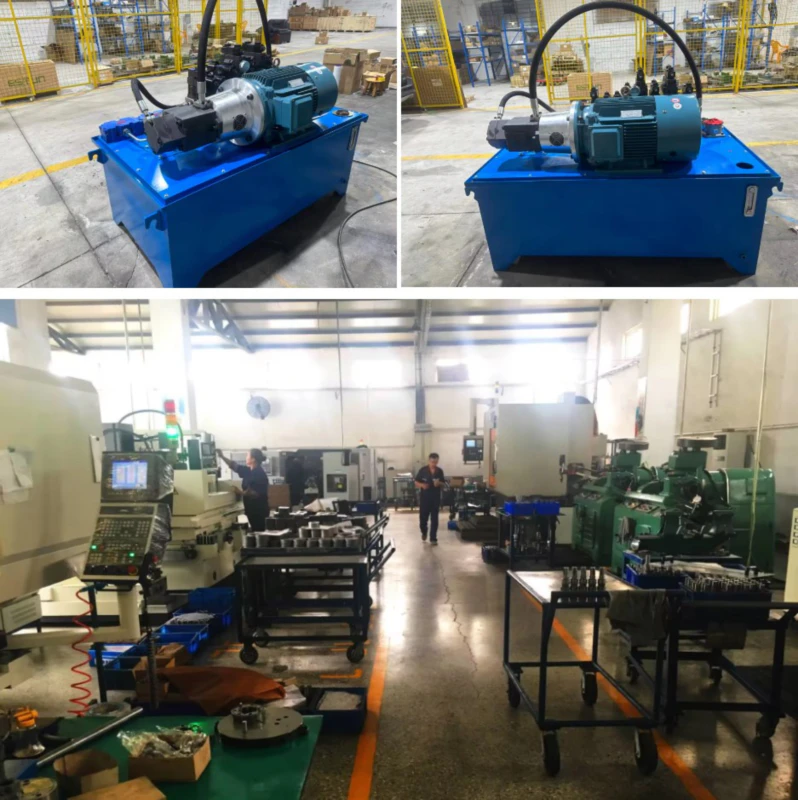Hydraulic motor coupling and decoupling techniques
1. Introduction to Hydraulic Motor Coupling
Hydraulic motor coupling is a crucial component in hydraulic systems, responsible for connecting and disconnecting the motor from the driven load. It plays a vital role in ensuring efficient power transmission and protecting the motor from excessive stresses.
2. Importance of Proper Coupling
Proper coupling is essential to optimize the performance and longevity of hydraulic motors. This section explores the various techniques used to achieve effective coupling and prevent unwanted vibrations and misalignments.
3. Elastic Couplings for Smooth Power Transmission
Elastic couplings are widely used in hydraulic systems to absorb shock and dampen vibrations. They provide flexibility while transmitting power, compensating for misalignment and reducing the impact of sudden load changes.
4. Hydromechanical Couplings for Precise Control
Hydromechanical couplings combine hydraulic and mechanical components to achieve precise control over motor coupling and decoupling. These couplings offer adjustable torque and speed control, making them suitable for applications requiring fine-tuning.
5. Magnetic Couplings for Non-Contact Power Transmission
Magnetic couplings are a revolutionary technology that enables non-contact power transmission. By utilizing magnetic fields, these couplings eliminate the need for physical connection, reducing wear and maintenance requirements.
6. Best Practices for Coupling and Decoupling
Proper techniques for coupling and decoupling hydraulic motors are crucial to prevent damage and ensure smooth operation. This section discusses recommended procedures and safety precautions to follow during these operations.
7. Case Study: Hydraulic Motor Coupling in Industrial Applications
This case study highlights the successful implementation of hydraulic motor coupling techniques in various industrial applications. It showcases the benefits achieved in terms of improved efficiency, reduced downtime, and increased equipment lifespan.
8. Frequently Asked Questions
Q1: What are the advantages of using magnetic couplings in hydraulic systems?
A1: Magnetic couplings offer several advantages, including non-contact power transmission, reduced wear and maintenance, and enhanced system efficiency due to the absence of physical connection.
Q2: How can elastic couplings improve the performance of hydraulic motors?
A2: Elastic couplings provide flexibility to compensate for misalignment, absorb shocks and vibrations, and protect hydraulic motors from excessive stresses, resulting in improved performance and extended lifespan.
Q3: What safety measures should be followed during the coupling and decoupling process?
A3: It is crucial to ensure proper isolation of the hydraulic system, follow manufacturer guidelines, use appropriate tools, and wear personal protective equipment to minimize the risk of accidents during the coupling and decoupling process.

Conclusion
In conclusion, hydraulic motor coupling and decoupling techniques are essential for optimal performance and longevity of hydraulic systems. Elastic, hydromechanical, and magnetic couplings offer different advantages and should be selected based on specific application requirements. By following recommended procedures and safety measures, operators can ensure smooth operations and avoid unnecessary damage. Our company, a leader in the Chinese motor market, provides a wide range of high-quality products including Hydraulic Motors, Bauer gear motor, hydraulic piston, servo motors, brake motors, driveline motors, and more. With a design and production capacity of 200,000 sets, we offer customized solutions to meet the unique needs of our customers. We pride ourselves on our competitive prices and exceptional customer service. Feel free to contact us for further inquiries or to request samples and drawings.


Q&A
Q: How do elastic couplings differ from hydromechanical couplings?
A: Elastic couplings provide flexibility and vibration damping, while hydromechanical couplings offer precise torque and speed control.
Q: Can magnetic couplings be used in high-power hydraulic systems?
A: Yes, magnetic couplings can be used in high-power hydraulic systems as they offer efficient power transmission and are not limited by physical contact.
Q: Are hydraulic motor couplings compatible with other types of motors?
A: Yes, hydraulic motor couplings can be used with various types of motors, including gear motors, piston motors, and servo motors, to transmit power and achieve optimal performance.